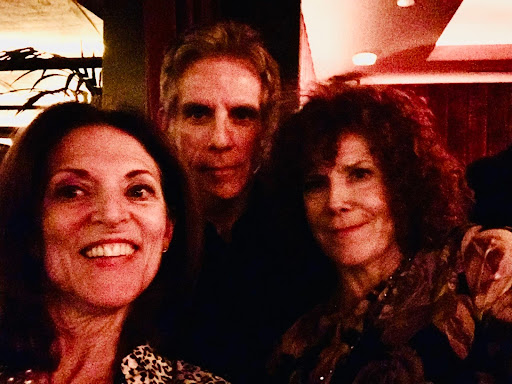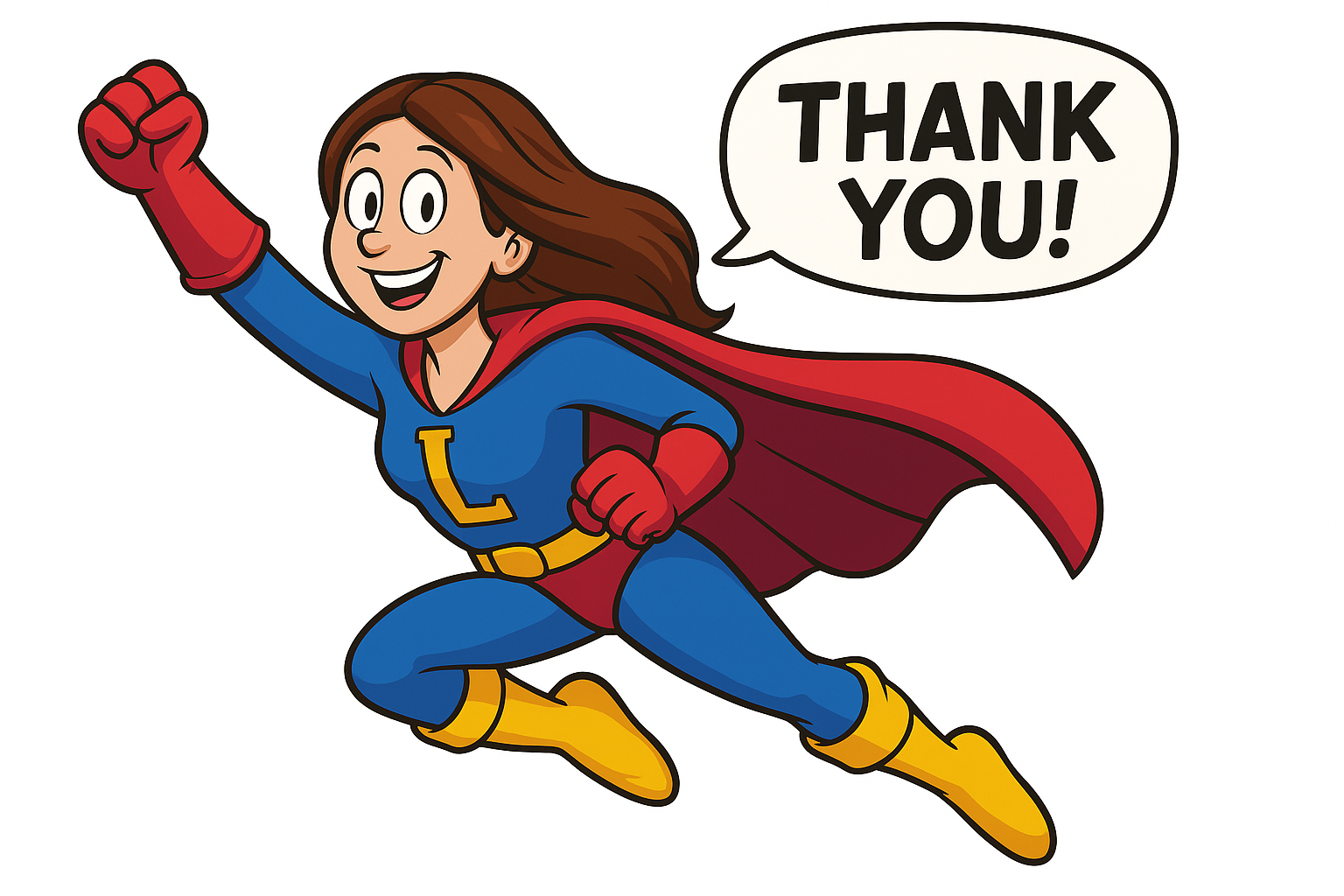
At the start of every Laughter On Call session we establish two key rules. 1)We are a laughing with company not a laughing at company and 2) There are no mistakes and no wrong answers. We do this to set up a space where all ideas are welcome, where you will feel safe to get out of your comfort zone and take risks. The intention here is to create this level of acceptance in controlled circumstances and set a precedent for future communication. All in service of nurturing a culture of trust. We know that where there is trust, productivity, creativity and probably a host of other “ivities” are significantly increased.
But back to the mistake part. Because in presenting all that I just outlined, we don’t address what happens when someone, as a human, does have an error in judgment. We do in one sense, because we also talk about the value of imperfection, that historically so much creative problem solving has come from mistakes. Penicillin from mold, as one of my people reminds a group and Edison, who made a lot of lightbulbs the wrong way before he got it right. These are great examples of not letting mistakes thwart you but to use them as inspiration for the next discovery. But Penicillin and lightbulbs don’t have feelings. What I was faced this last weekend was a mistake that hurt a person – a person whose talent, commitment and boundless energy I value very much.
Fortunately, another tool I’m passionate about is honesty. Essential in comedy in the “it’s funny ‘cause it’s true,” sense. It’s also something I preach when it comes to cognitive decline, as in don’t pretend it’s not happening and don’t pretend the person doesn’t know. The only way to create real human connection is to honor the truth. Turns out, it’s no different in any relationship – even business. Until we are all replaced by AI or CHATGP whatever, business is run by human beings and human beings make mistakes and have feelings we shouldn’t ignore.
I followed my own gospel, set up a meeting and told the truth. “I made a mistake, and I’m very sorry. It was never my intention to disrespect you, but I can tell you the thinking behind my actions if that will help.” I did and then I listened. Other important issues came up in this conversation, points that helpful to the greater good of the business. I believe we both signed off feeling better. No blaming, no ranting, no quitting. The opposite occurred. We both learned new information and shared pertinent ideas.
Now, not everyone believes in this approach for leaders. If you’re tracking any of the Sackler dramatizations, apparently the worst thing you can do is admit fault. Certainly we have examples of political leaders denying actions so obvious you can start to feel like they are living in an alternate universe.
But I’m saying no to this point of view. In fact, I say “yes…and” to exposing your humanity and showing some vulnerability in the interest of creating trust, of being an example of how you want your company to run, of people knowing they can come forward with inevitable mistakes so we can solve the consequent problem together.
I understand that some mistakes are more complicated with far greater repercussions than the miscommunication than I triggered, and also that some people are incapable of even seeing the error of their ways which is when hopefully we can rely on our legal system to bring justice. (Sackler family - epic fail.) For most of us, however, our actions do not have global impact and perhaps not even a national one. But if we’re getting out of bed and trying to make a difference in whatever small way we can, which I believe is by making sure people feel seen, heard and valued, the most effective way to do this is to call out our mistakes, take responsibility for them, and let them teach us how to do better next time.
With any luck, in time they may even become something you can laugh about.




